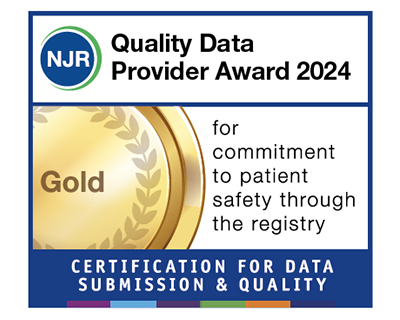A psychiatrist is a medically qualified doctor who can assess both the mental and physical aspects of psychological problems. These include:
Addictions – including alcohol, drugs, gambling and smoking
These are health disorders whereby you are unable to stop doing something that is causing harm to you or others. Your addiction can take over your life and affect your health, work, relationships and finances. Addictions can be managed and over time with the right support and treatment you should expect to recover.
Alzheimer's and dementia
Dementia is a medical condition that causes problems with memory, thinking and learning new things due to damaged brain cells. It is often caused by Alzheimer’s disease. Unfortunately, there is no cure for dementia and it gets worse over time but some symptoms can be helped such as depression and behavioural issues to make life more enjoyable.
Anxiety, panic and phobias
Anxiety is the feeling of fear when faced with threatening or difficult situations. It can be a problem if the feeling is too strong or if it is there all the time. Panic is the sudden rush of fear and a feeling of losing control. A phobia is a fear of a situation, or object and can dominate life. You can learn to control these fears and to relax.
Bereavement and loss
Everyone grieves in different ways after a bereavement or loss. Grieving may involve many emotions. Some people need support to help them come to terms with their loss.
Depression, seasonal affective disorder (SAD) and bipolar disorder
Depression is very common. It involves deep, persistent sadness or low mood that can interfere with your everyday life. There are many treatments for depression and you can get better. Depression can return but you can make lifestyle changes and learn strategies to help prevent this.
Seasonal Affective Disorder has been termed ‘winter depression’ and has similar symptoms to depression.
Bipolar disorder, also known as manic depression, is a condition whereby your mood can swing very high (mania), or very low (depression), for weeks or months. There are treatments for the highs and lows and you can learn how to control these episodes.
Eating problems
Eating problems are often due to an intense fear of becoming fat and can damage your health.The most common and well known eating disorders are Anorexia Nervosa and Bulimia Nervosa. Eating disorders can be dangerous and may lead to serious ill health. A psychiatrist can discuss your thoughts and feelings to help you to understand how the problem started, and how to make changes.
Obsessive compulsive disorder (OCD)
OCD involves having recurring thoughts (obsessions) that make you anxious, and doing things over and over again (compulsions) to help you to feel less anxious. Psychotherapies and medication can help change your reaction to these obsessions and compulsions.
Personality disorders
If you have a personality disorder, parts of your personality makes it hard for you to live with yourself and/or other people. This can sometimes lead to self-harm. There are self-help strategies you can employ, psychotherapies and medications to help and improve these disorders over time.
Physical, sleep problems and tiredness
A serious physical illness can affect every area of your life including your emotions and psychological wellbeing. Chronic fatigue syndrome is a physical illness that causes extreme tiredness after little effort. Some people suffer from insomnia and have difficulty getting to sleep or staying asleep for long enough to feel refreshed the next morning. You can make changes at home to try and improve your symptoms and problems sleeping and psychiatry may support these.
Postnatal mental health
Postnatal depression may feel similar to depression with often a great deal of focus on the baby and in being a mother. Talking therapies and medications may help if self-help options are not working.
Schizophrenia and psychosis
Schizophrenia affects how you think, feel and behave and may cause you to have abnormal experiences. Symptoms can include hallucinations, delusions, difficulty thinking and loss of interest. Psychosis causes you to perceive or interpret things differently from others and may involve hallucinations or delusions. A combination of medications and psychotherapy are used to treat these conditions.
Stress, post-traumatic stress disorder (PTSD) and trauma
In today’s world, stress is becoming more common. It happens when you struggle to cope with the demands of your life or an event and feel too much mental or emotional pressure. Treatment often involves identifying the cause and triggers of your stress, and developing effective coping techniques.
After a traumatic event you may feel long lasting distress. People with post-traumatic stress disorder may have flashbacks or nightmares and feel physical symptoms such as aches, anxiousness and depression. Psychotherapies and medications can be effective in the treatment of PTSD.



